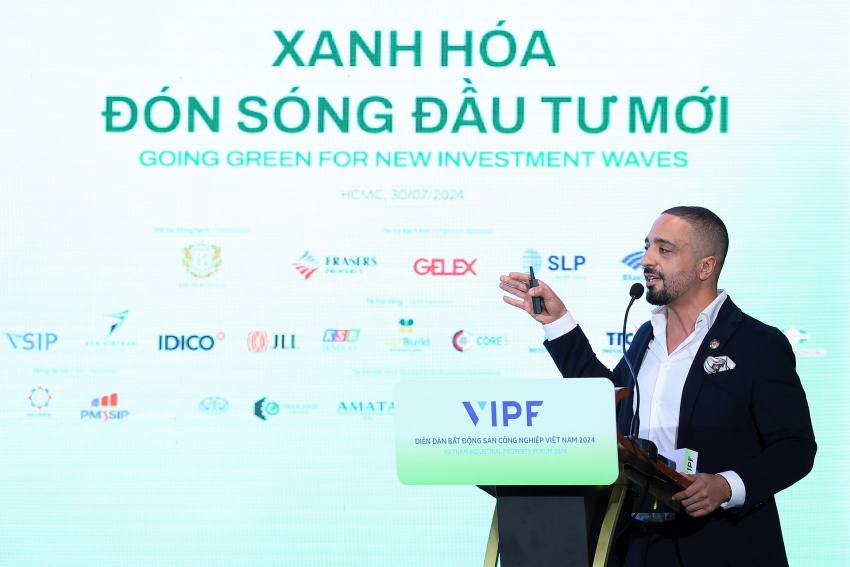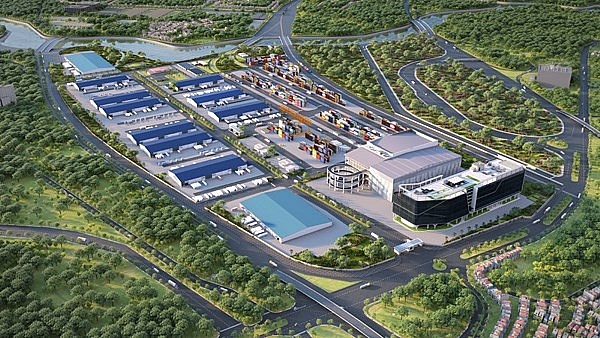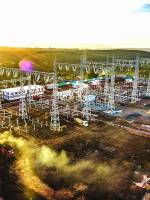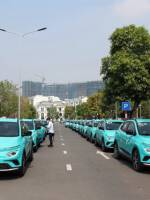
At the Vietnam Industrial Property Forum 2024 on July 30, Vu Van Chung, deputy director general of the Foreign Investment Agency under the Ministry of Planning and Investment, shared that foreign direct investment will contribute to making Vietnam one of the most attractive markets for global investors, presenting a golden opportunity for the industrial real estate market
“The current trend is shifting from merely attracting investment to fostering foreign investment partnerships for mutual development. The move towards selectively attracting high-quality investment poses challenges for industrial zone management boards, requiring them to enhance quality with larger-scale projects, more modern and synchronised infrastructure, and greener environments. This is a critical issue for industrial zone developers,” Chung said.
Michael Piro, CEO of Indochina Capital, said at the event that substantial capital will start to flow into and prioritise green projects.
“Vietnam will have more diverse capital sources in the future as the government is serious about this commitment, leading to greater access to green capital. Besides loans, attracting foreign partners, especially the largest global companies committed to achieving net-zero by 2050, will become easier. Vietnam’s green industrial property will also secure higher quality anchor tenants and, in the future, achieve a green premium on exit,” Piro explained.
Indochina Capital currently has eight projects either in operation or under development, with an investment of approximately $500 million.
“Research has shown that investors can earn more from their green real estate assets. Green deals command higher prices. Indochina Capital has observed that across various sectors like energy, materials, technology, and communications, green projects are priced 20 per cent higher than non-green ones. Therefore, green industrial real estate not only creates differentiation but also adds value to a company’s products,” added Piro.

As Vietnam welcomes more multinational firms, the demand and price of sustainably designed factories and warehouses will rise, and global players are focusing on Vietnam with large loans.
For instance, the Asian Infrastructure Investment Bank announced a commitment of approximately $5 billion in preferential loans to collaborate with Vietnam in mid-July. HSBC Vietnam and Gemadept Corporation, a Vietnamese port and logistics company, also signed a sustainability-linked loan agreement in late May.
On the side of financial institutions, Vietnam is currently drafting a green classification list. This means that in the near future, financial organisations like the International Finance Corporation (IFC) will focus all of their loans on green projects. There will also be key performance indicators for banks, including commercial and state banks, with green lending quotas.
“The IFC’s financial solutions are aimed at and provided to customers seeking access to green capital or developing green buildings. In developing countries, the IFC’s loans will support businesses in the initial stages of achieving green buildings, eventually moving towards more advanced stages of the green transformation,” said Do Ngoc Diep, green and resilient building programme lead for the IFC in Vietnam.
Hazy Tran




